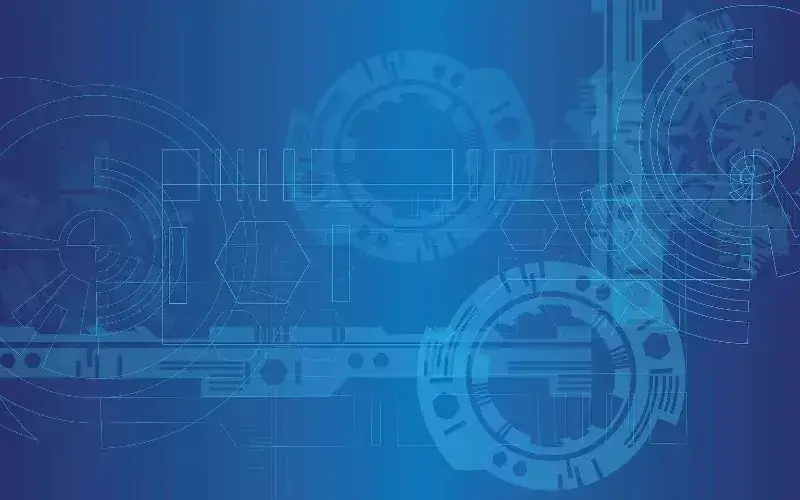The experience of a young asylum seeker in London has sparked a transformative initiative that has granted independence to thousands.
A project initiated by Jem Stein utilises refurbished bicycles, providing asylum seekers with essential mobility in a city where public transport is often unaffordable.
The Genesis of the Bike Project
The inspiration for the project came when Jem Stein mentored a young asylum seeker from Darfur and observed how challenging it was for him to navigate London on a meagre weekly asylum support. “Adam’s circumstances were dire; housed far from the city centre, he struggled with daily travel costs,” Stein reported. By giving Adam a refurbished bike, Stein noted it made a significant difference in Adam’s life.
A Growing Need Met by Technology
As demand for bikes surged, notably during the 2015 refugee crisis, Stein turned to technology to manage the chaos. The project had initially distributed around 10-15 bikes weekly, but this escalated to 50-60, making the situation unmanageable without technological intervention.
“It was incredibly stressful for everyone involved, and we knew we needed to change things very quickly,” Stein recalled. The use of systems for managing beneficiary information became essential as the number of recipients grew.
Supporting Women Refugees
The Bike Project not only caters to the general refugee population but also addresses specific cultural challenges faced by women. The Pedal Power programme educates women refugees on cycling, a skill often discouraged in their cultures.
“230 refugee women have graduated from our Pedal Power programme,” Stein stated. Additionally, Bike Buddies matches refugees with volunteers who assist them in growing confident with cycling, significantly aiding their integration.
Partnerships Enhancing Efficiency
The partnership with Twilio played a vital role in streamlining operations. Using Salesforce to maintain contact with beneficiaries, the process included a waiting list and alert system.
An application form on the project’s website allowed refugees to register their details, crucial for providing appropriately sized bikes. SMS notifications kept recipients informed about their status and appointments.
Future Technological Innovations
Looking ahead, the project aims to incorporate translations into its SMS communications and integrate WhatsApp. This will assist refugees who struggle with English and help conserve their limited phone credit.
“We are constantly exploring new technological avenues to get more refugees cycling,” Stein asserted, emphasising the ongoing goal of improving refugee mobility.
Impact on the Refugee Community
For many, a bicycle has become a symbol of regained freedom and self-reliance. Over 4,000 people have benefited from this initiative, making it a significant contributor to refugee welfare in London.
“All of this is essential if they are going to feel comfortable and integrate into society,” added Stein. Bicycles enable refugees to attend essential appointments, visit food banks, and participate in social activities.
Volunteers and Community Engagement
Volunteers play a crucial role. By pairing refugees with mentors and helpers, the project ensures that newcomers feel supported and less isolated. Community involvement is a cornerstone of the project’s success.
The Bike Project exemplifies how a simple idea, bolstered by technology and community spirit, can transform lives.
By providing bicycles to thousands, it has given asylum seekers the independence needed to integrate and thrive in a new city.


